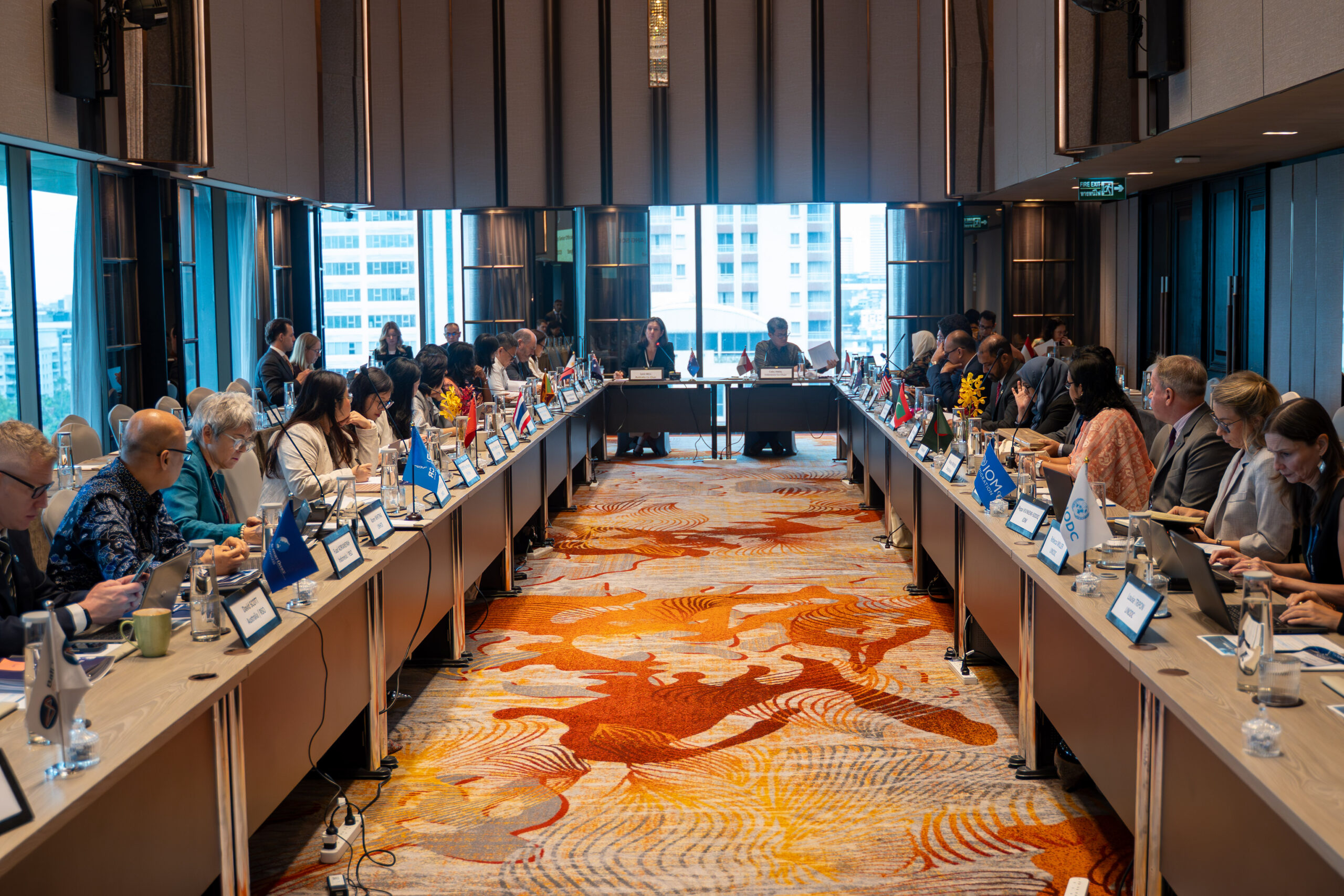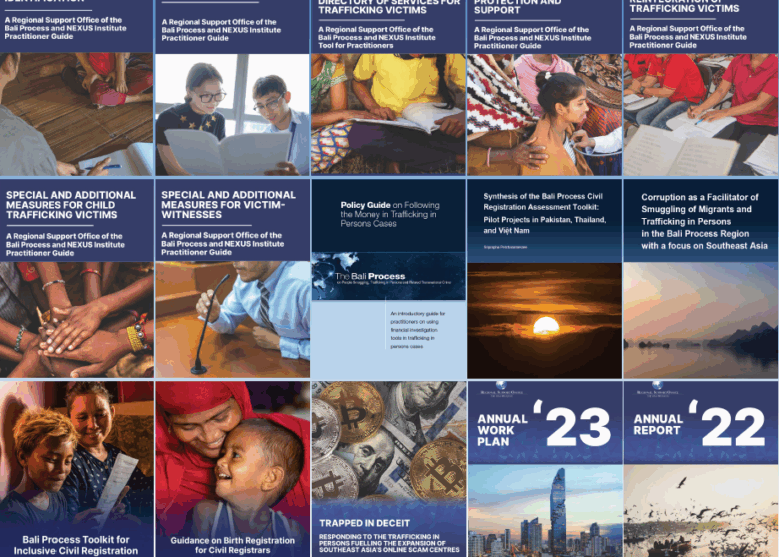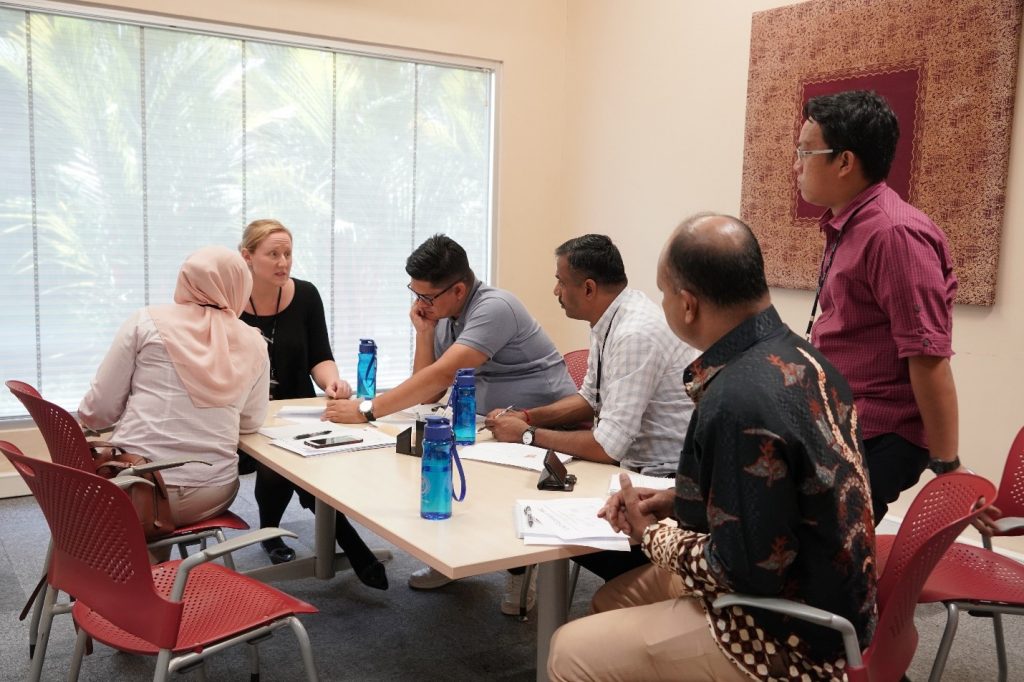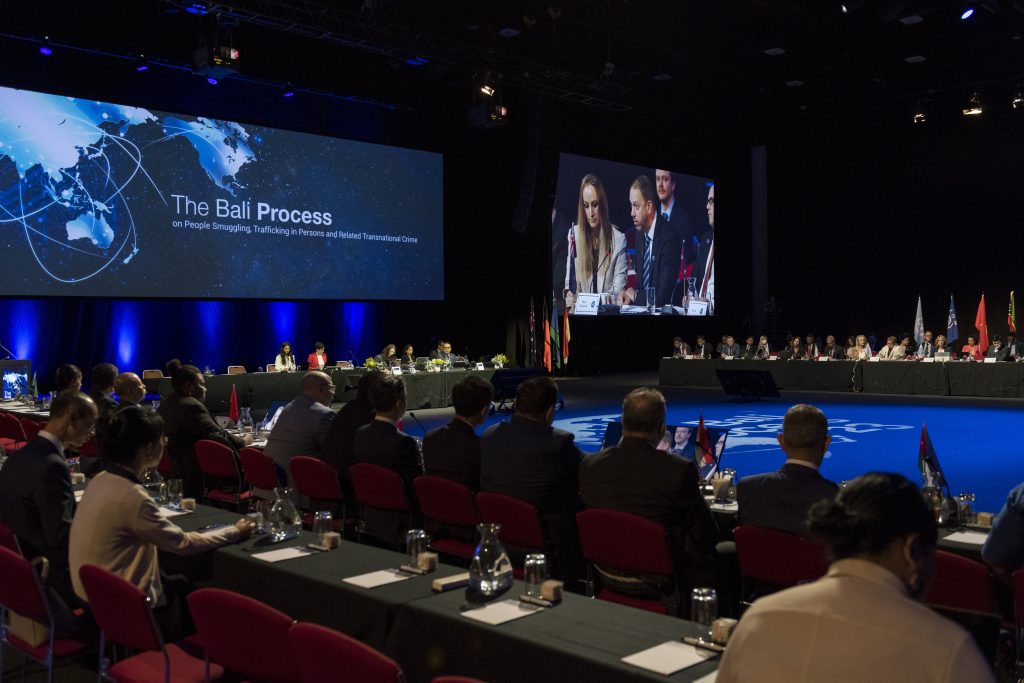
The convergence of technology and transnational crime is increasingly evident in the realms of trafficking in persons and migrant smuggling. Criminal networks now harness the reach and anonymity of digital platforms to recruit victims, advertise illicit services, and coordinate operations across borders with unprecedented efficiency. Social media and encrypted communication tools, in particular, provide traffickers with low-cost, high-impact means of expanding their activities while minimising risks of detection. The widespread use of fake identities, fraudulent documentation, and anonymous online accounts further shields traffickers from scrutiny, allowing them to exploit jurisdictional gaps and operate across multiple countries with relative impunity. As smartphones, social media, artificial intelligence, and emerging technologies become more deeply embedded in daily life, the interconnections between organised crime, irregular migration, and digital technologies are intensifying, reshaping both the scale and complexity of the trafficking landscape and posing profound challenges for counter-trafficking efforts.
Yet, technology also holds enormous promise as a tool for combating trafficking in persons and migrant smuggling. Digital innovation has significantly enhanced opportunities for international cooperation, enabling law enforcement agencies to exchange intelligence, share best practices, and coordinate investigations in real time. Emerging technological tools, including machine learning algorithms, open-source intelligence platforms, and mobile applications, are increasingly used to detect online recruitment tactics, map trafficking routes, and identify suspicious behavioural patterns. Facial recognition, blockchain-based verification systems, and advanced data analytics are also being tested to improve victim identification and trace illicit financial flows.
Within this context, the Bali Process provides an important platform for Member States and partners to explore the responsible use of technology in addressing trafficking in persons and migrant smuggling. Through its Working Groups and the Regional Support Office, the Bali Process fosters dialogue, capacity building, and practical cooperation that help governments and stakeholders harness innovation to strengthen cross-border collaboration, enhance victim protection, and disrupt trafficking networks.
Emerging Threats and Cyber-Scam Centres
Members of the 18th Ad Hoc Group Senior Officials’ Meeting (SOM) of the Bali Process noted the growing and evolving threat posed to regional security by trafficking into cyber-scam centres for forced criminality. Scam operations, once concentrated in Southeast Asia, are now affecting the Middle East, the Pacific, Africa, Europe, and Latin America. Members highlighted that traffickers are increasingly using emerging and sophisticated technologies, including social media and Artificial Intelligence (AI), to reach larger audiences and exploit more victims.
Delegates emphasised that regional and cross-regional cooperation is essential to disrupt the sophisticated capabilities of cyber-scam centres and to ensure the protection of trafficking in persons victims. They also noted the close interlinkages between people smuggling, trafficking in persons, and other forms of transnational organised crime, including cybercrime, misuse of technology, illegal, unreported, and unregulated (IUU) fishing, and money laundering.
Members emphasized the need for meaningful, robust, and measurable solutions, with a particular focus on safe migration, awareness-raising, and combating trafficking in persons linked to online scams. The discussions also reinforced the Bali Process’s role as a vital platform for regional cooperation and strengthening protection for those affected by threats.




